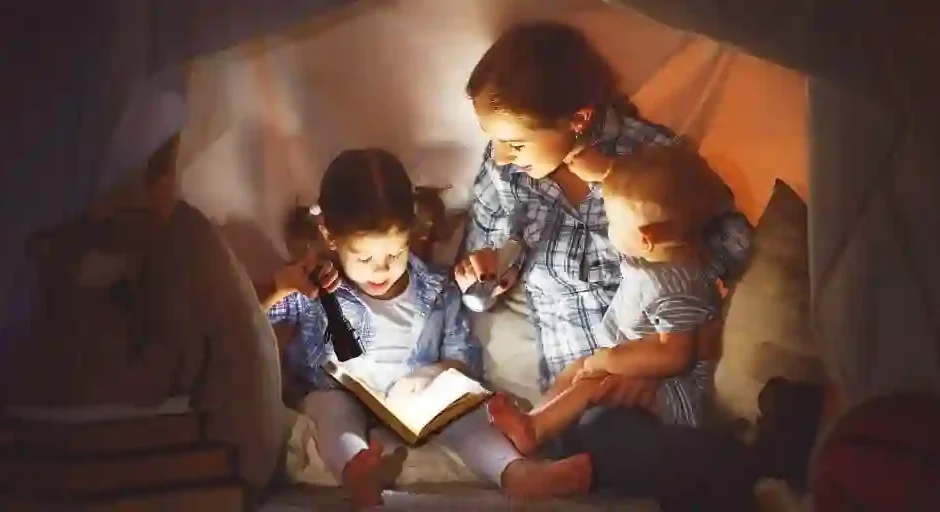It is often said that the best thing you can do for your children is to spend quality time with them. But how do you do this? It doesn’t have to be an elaborate event. Meaningful connections can be as simple as playing a board game together or having one-on-one talk time.
1. Be a good listener
Providing children with experiences that build their relationships is key to learning how to share. This can be as simple as watching people play their favorite sport or going on a hike.
Listening well requires patience, concentration and self-discipline. It may take a little practice, but it is an essential skill that will serve children throughout their lives.
Children need to hear a lot from their parents and other adults in order to learn about the world. They need to be able to express themselves, receive comfort and get answers back from the people who love them. The experience of human touch and affection is also very important for healthy emotional development.
2. Be a good friend
Children need to have opportunities to make friends and learn to interact with others. You can help them make connections by scheduling playdates, inviting friends to dinner or allowing them to join clubs and other activities.
Teach your kids to take pride in who they are and how they treat others. A strong sense of self helps children resist peer pressure to participate in unkind behaviours like bullying or joining a gang.
Encourage your child to share their experiences and feelings with you. Listen to what they’re telling you about friendships and try to interpret their words as best you can. This can be difficult for young children, especially if they’re having trouble with sharing toys or dealing with the emotions of separation and loss.
3. Be a good role model
Play is a powerful way for children to learn, express themselves, develop creativity and build relationships. It is the foundation for language, thinking, solving problems and physical growth.
Show a genuine interest in their activities and let them know you are interested. This can be as simple as saying, “I love the colors you’re using in your drawing” or “Wow, your block tower is getting so high!”
Respect their normal possessiveness and help them learn to share. For example, talk to them about sharing before a playdate and encourage them to share with their friends. Also, teach them to calmly deal with conflict such as when their friend tries to take their favorite train.
4. Be a good cook
Children learn from the examples set by their parents. When they see that their parents care about cooking, tennis, hiking, or creating videos, they pick up on this and are more likely to develop these interests as well.
It’s normal for a child to cling to some of their toys. Respect their attachment, and gently ease them into sharing.
Quality time with children can happen anywhere, in the middle of ordinary days and situations. Smiles, laughter and eye contact let them know that they are appreciated and that you enjoy being with them. Praise is important too, but don’t make the mistake of punishing your kids when they misbehave. Punishment erodes the relationship and only makes matters worse.
5. Be a good provider
Providing children with experiences helps them develop their self-esteem and understanding of the world. It shapes how they think, react, communicate and socialise. It is through relationships with parents, family members and carers that children learn their values, beliefs and behaviours.
Kids form their views of the world and themselves every day. Punishing them erodes your relationship, making it more difficult to connect with them and causing them to misbehave more.
Spending quality one-on-one time creates a strong bond and lets children know they are important to you. Being present means putting down the phone, closing the book and concentrating on them. That takes effort, but it pays dividends in a positive and rewarding relationship.
6. Be a good example
Just like your best friends, children crave admiration and attention. Individual time is a big part of building these relationships and making them last.
Playing with your kids is a great way to do this. It’s also good for their development and it can shave some of the stress off your day.
Sharing your own experiences is another way to show your children how to have healthy relationships with others. Whether it’s hosting moms and their kids for dinner or taking them to see people play your child’s favorite sport, it’s a great way for your kids to learn about other cultures, communities and hobbies.


